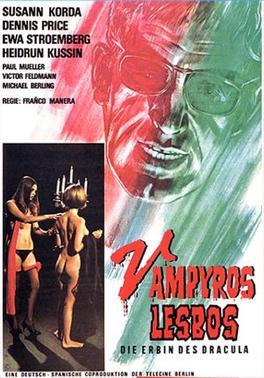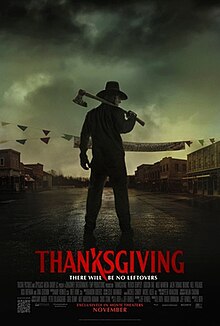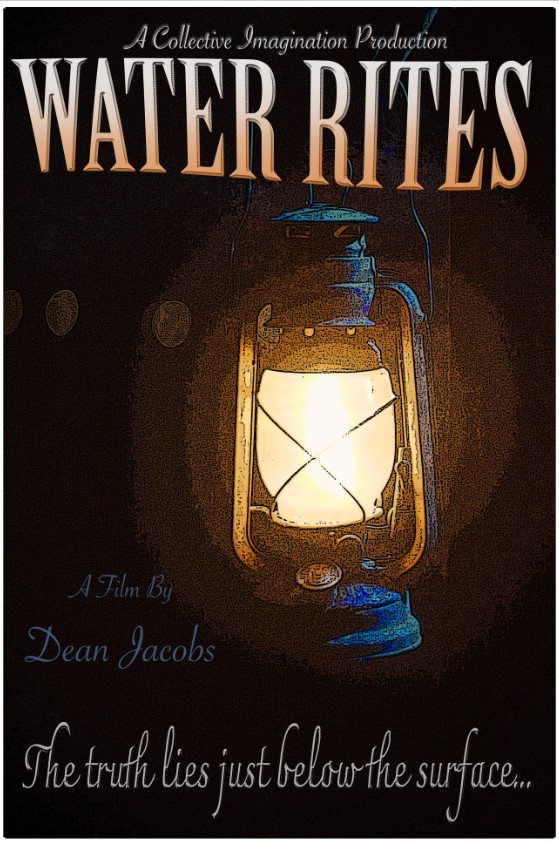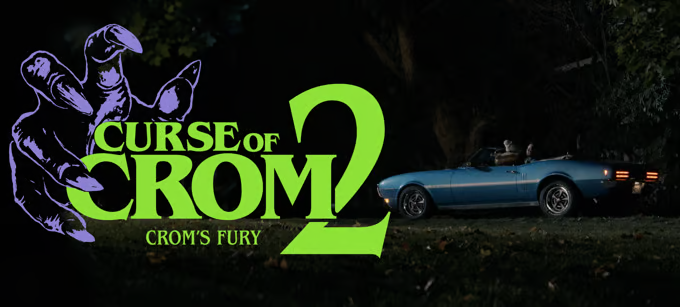What are the ingredients of a horror movie? A believable cast. An intriguing story. Lots of scares, of course. But what about what you hear? Sound is an extremely important, but extremely underrated part of a movie, regardless of genre. In horror, a sound can alert you to danger, prep you for the next scene, or be part of the background aesthetic. Sound is there to inform a viewer and move them from point A to point B.
There is certainly a science to it, beyond the technical jargon. Our own minds can distort what we hear or what that noise means. Attributes like speed, suddenness, volume, and place all play a part in determining the safety of a sound. Birds chirping on a bright sunny day? Probably OK. Footsteps behind you in a dark alley? Better watch out.
Not all sounds are created equal. Here we have two categories: score and effects. Score is the music, while effects are the small pops of noise that punctuate a scene. Both categories can be used to create or enhance a mood, and both can be used to scare. Most of this list revolves around effects, but I’d like to start off with the all-encompassing background sounds we have come to associate with the genre.
The Minor Key
I won’t get too into the technical side of music here, but it would be a shame to not mention possibly the biggest staple of horror movies. The minor key is known for evoking feelings of sadness, loss, and overall unhappiness. This article from NME explains how it may have partly to do with cultural associations. Songs containing slower tempos and minor keys are often used in somber occurrences, like funerals or dark spaces. Apparently, it has to do with our dislike for tonal frequencies that are too close to one another. I like to think of it as using the stairs. You’re walking up (whole steps, major notes) and accidentally step too low, missing the next stair (half step, minor notes). Your heart fills with shock as you fall all the way back down. Not the best analogy, but you get the point…
Take Bach’s Toccata and Fugue in D Minor. This song just happens to be a double whammy; it includes use of minor notes and was used in horror films like Dr. Jekyll and Mr. Hyde (1931), The Black Cat (1934), and The Phantom of the Opera (1962). We have both the eeriness of the music and the association with the horror genre to create one creepy concoction.
Creaking
Doors, windows, and cabinets creaking is a sure-fire way to know something is creeping up on you. It’s been used countless times in horror to signal a sudden scare, highlighted by the lack of sound behind it (it’s usually very quiet with a sudden, long creak breaking that silence). Creaking noises have the strange ability to raise the hair on the backs of our necks in anticipation. Is it the wind, or a murderer? Creaking is never a good sound to hear because no matter what, it’s trying to be quiet.
Breathing
Deep or shallow, loud or soft, breathing is a companion to creaking on the scary-scale. The breath itself is a sign of life, but what we don’t know is this person’s intention. They may be sick or hurt, or silently watching. A quick, paced breath could mean they’re tired from running — from something or to someone. Then there’s your own breath. In many movies, we see characters hiding in closets and desperately covering their mouths in an effort to both not scream and not breathe too hard. Holding in screams mostly works, but no matter how hard you try, your breath escapes and alerts the killer to your hiding place.
Screams
We’re all desensitized to screams at this point; we hear them in so many movies and shows that it’s a common sound we can ignore. There’s still one aspect of screaming that can send chills down your spine though: hearing a scream in real life. It’s easy enough to spot danger when you can immediately see the person screaming. But in a world filled with terrorist attacks, school shootings, and all types of crime, imagine hearing a scream around the corner. There’s always a chance it’s a prank or someone playfully fooling around, but it’s most likely not the case. Whatever the outcome is, you’re forced to face it in real life. After a scream, you have little to no preparation for a possibly life-threatening event.
Sirens
If sirens don’t scare you, you need to be checked out. I’m not talking about police or ambulance sirens, I’m talking about those for natural disasters and national emergencies. Tornado sirens. Nuclear blast sirens. The sirens to signal the beginning of The Purge. All of these are able to stop the most courageous person in their tracks, because they know their lives are about to change. Like screaming, at the point you hear a siren, it’s almost too late. You need to find shelter immediately and remain there for as long as you can. And knowing that not every building is an indestructible fortress gives you very few options for safety.
Rumbling
But somehow, sirens are still a welcome warning compared to a sudden rumble. Earthquake, tsunami, stampede, explosion, landing alien spacecraft, Godzilla. Rumbling noises could be anything. The only sure thing is that whatever is causing it is big. And if something is big enough to literally shake the earth, even that indestructible fortress can’t save you.
Silence
Sometimes the most frightening sounds are none at all. A quiet so loud, you can hear your blood pumping, your heart beating, your sweat dripping. Silence is a pretty fantastic way to immediately know something is wrong. It could be that you’re going deaf (which itself is not a good thing), or that something is not happening that should be.
Sound can sometimes be forgettable, but that doesn’t make it any less important. The music we choose and the effects we use all matter in terms of audience feeling and believability. It’s why we make it a game to point out the Wilhelm Scream in every movie. Next to sight, the ability to hear and recognize threats is invaluable, whether in real life or not. That’s why we hire sound technicians and mixers.
What’s your favorite scary sound? Leave a comment below!
If you would like to read more on sound in horror films, I’d recommend Music in the Horror Film: Listening to Fear. It’s an insightful read on how music specifically affects the overall film, filled with examples!











